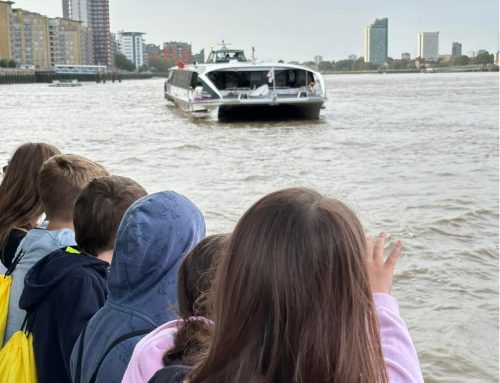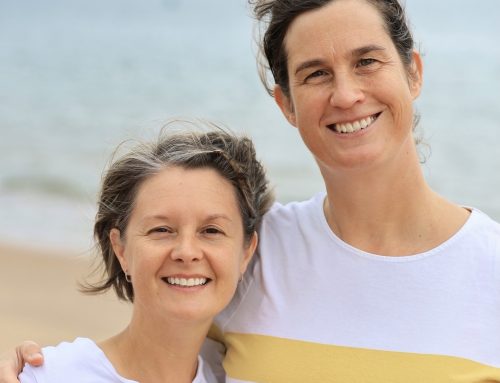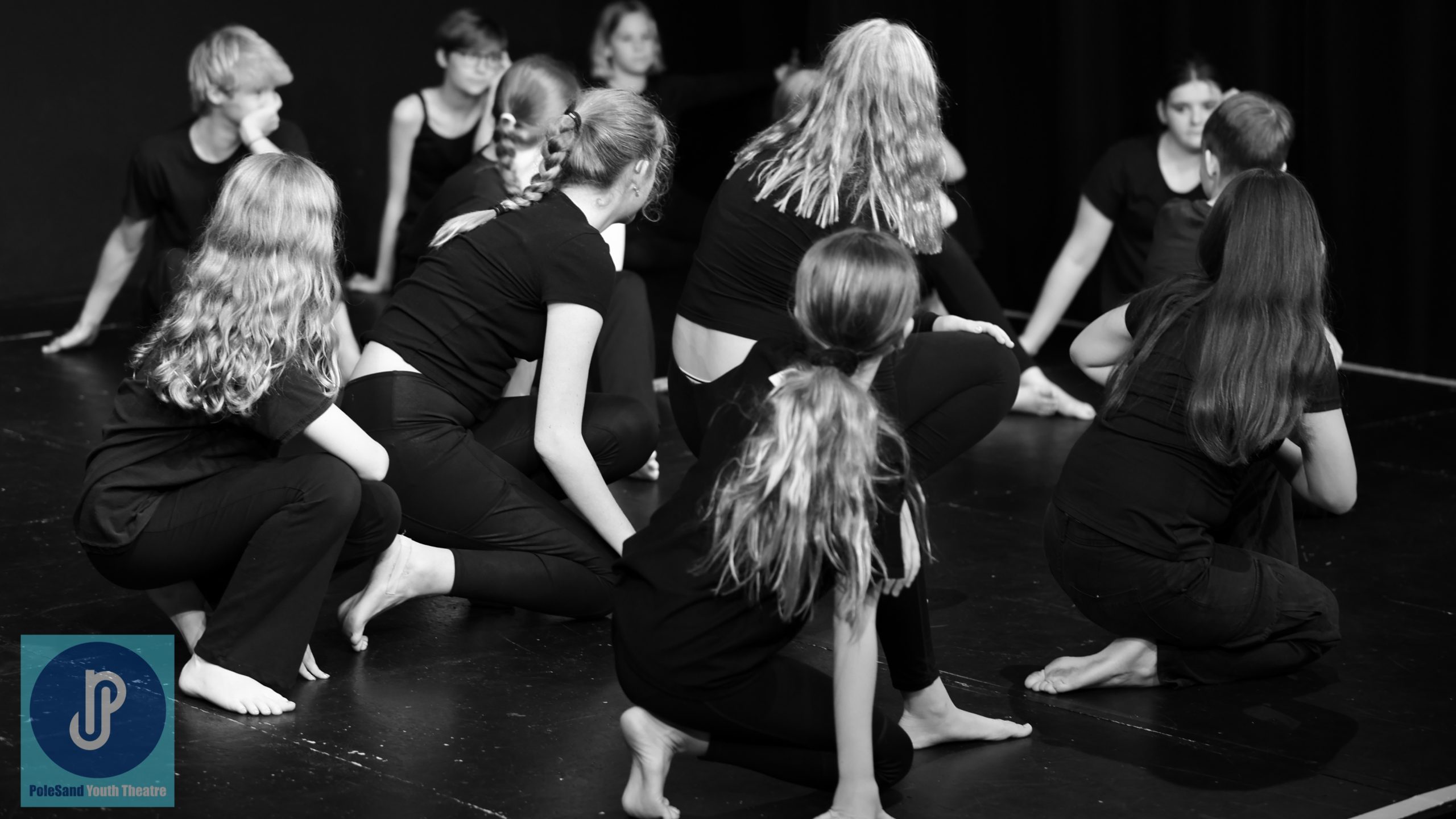
Recently, after two weeks of running back to back youth theatre summer schools in my local town, I was both exhausted and exhilarated in equal measure. It was the second year I’d co-opted a friend and former colleague to lead it with me. It had been well received in Summer 2023, and so there was an appetite for us to repeat in 2024. We were cautiously optimistic that we had ‘delivered’ again; many of the same kids had re-enrolled, and the mood music was positive. We had created something successful. Or so we thought…
After studying a degree in Theatre and Performance, I decided that being a jobbing actor was not for me so I did a Postgraduate Diploma in Education and went into teaching. After more than twenty years in the classroom, I left full time employment in just one school to pursue a freelance career working in lots of schools both consulting and inspecting.
I greatly missed my role as Head of Drama though, and couldn’t wait to create an opportunity to work with young people again, in a theatre context.
As a youngster growing up in the South Wales valleys, I benefited from the vision of a couple of young directors working within a local authority run theatre in my hometown. Attending free weekly workshops and summer schools gave me experiences that set the course of my life: We made funny and serious theatre, musical shows and pantomimes. We entered competitions and traveled shows abroad. We were commissioned to devise a piece about the ‘dangers of drugs’ for the local police constabulary and we won a prestigious award, presented to us in London.
These rich opportunities provided the social interactions I had as a teenager, inspired my passion and interest in theatre as an artform, and gifted me my life-long friendships and identity.
I wanted to re-create this for our younger generation. Hence….My humble summer school vision was born.
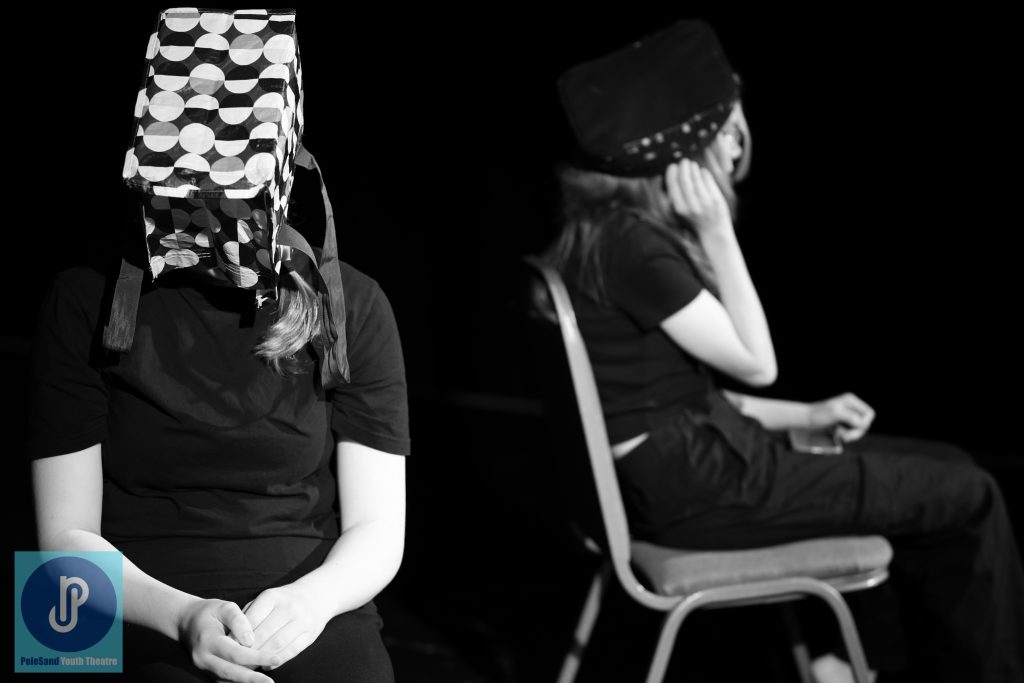
So at the end of two seemingly successful summer school weeks, I was shocked to receive some challenging negative feedback from an older relative who had attended the showcase performance we’d done with the first of our two groups. It was tough to hear and tough to respond!
The group in question, aged 11 to 16, had worked together over four days to devise a range of duologues, group performances and a couple of ensemble pieces that explored issues that interested, engaged and mattered to them. We’d invited family and friends to observe a little shared performance of their work at the end – with the caveat that it was a ‘work in progress’, unfinished and rough around the edges.
In the moment, despite the length definitely running a little longer than we would have liked, it was well received by the audience who left happily with their young people in tow.
So why am I reflecting and sharing this experience? Well, that individual’s feedback I received set all sorts of doubts and questions in my mind about whether or not our perceived success was in fact real. Was everyone just being polite? Had we got it all wrong?
After much deliberation and discussion with my co-leader we established emphatically that no! We had not got it all wrong! We had got it right! In fact, that feedback highlighted precisely how much we had got it right!
That individual was making their judgements after viewing the performance – and just the performance. They were looking through a different generational lens after growing up in a very different world to the young people who are crafting their adolescence today. Their comments related a ‘one size fits all’ world; where there is only one way to get things right, and it’s the final results that matter.
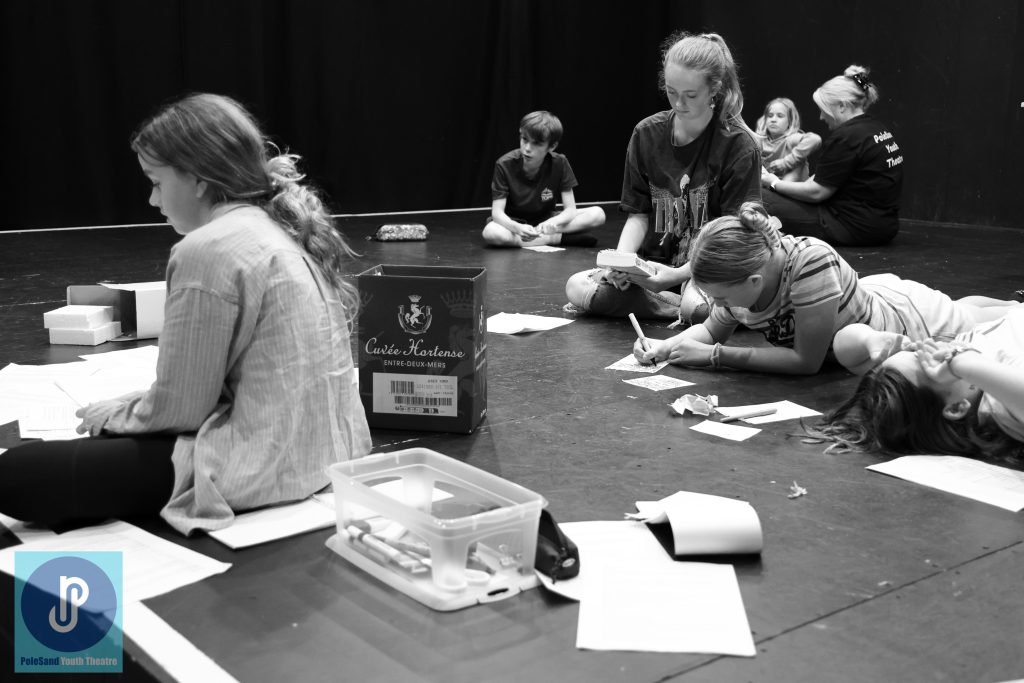
There is so much more nuance to consider.
In forming such a binary opinion on what they saw that afternoon was missing the point entirely. It wasn’t about the performance – the product. It was about the process to get there.
Today, our kids have access to more forms of expression than our world has ever had. They can make videos, write songs and share them with the world at the click of a button. They can do the equivalent of standing on the top of a large building shouting to passers by from the comfort of their own bedrooms. Yet, they seem, more than ever, to need the kind of empowering expression that theatre offers. A live audience who is there, in one place, unable to flit to another channel or click onto the next video reel. A captive audience whose attention is trapped in that room, watching and listening to the action on stage.
A scenario that means they can be heard – really heard; that is the point.
Across the course of that theatre week, with mobile phones banned to the bottom of bags, and within a safe and supportive space, each individual young person had come to life. They showed their true selves, opened up to each other – and to us. We had big discussions about life and identity and how it could be explored onstage. They wrote personal, empowered monologues in response. Those exploring their gender identity and sexuality were accepted and appreciated. Those who had poor body image or had experienced bullying developed more confidence. They all had something to say – and we gave them a voice and a platform from which to say it. When we came to the performance, it wasn’t right to tell them they weren’t good enough or polished enough to share. That would have undone the benefit our week had achieved.
There’s plenty of time in the future where they’ll be criticised for their appearance, abilities, backgrounds and performance. So for now, facilitating these young people to use their voices is the super power of theatre. Others will have their own views, but I am captured by the impact and possibility theatre offers. This should not used as a stick to beat kids with – but something to be embraced and nurtured.
This piece is a voice that supports young people’s voices, and celebrates the process not the product.

